Rethinking Peacekeeping
Protests, Violence and Extended Mandates HAve Experts Looking for Ways to Adapt
ADF Staff
Peacekeeping missions remain the answer to many of the world’s toughest security challenges. But there is a growing consensus that to remain relevant, peacekeeping needs to adapt.
In places such as the Democratic Republic of the Congo (DRC), Mali and South Sudan, United Nations missions have stretched on for a decade or more. These large, multidimensional stabilization missions typically include 10 or more troop-contributing countries and cost as much as $1.5 billion per year.
Instead of monitoring a cease-fire as many missions did in decades past, peacekeepers are being asked to take on insurgencies, militias or extremist groups. These foes use asymmetric tactics to target peacekeepers and civilians alike. The results have been mixed, and the civilian anger is palpable.
Protests erupted in 2022 in the eastern DRC when rioters attacked five U.N. MONUSCO bases and set fire to vehicles. Protesters decried deteriorating security despite 12,000 peacekeepers and missions that have lasted more than 20 years under several names.
“Why not get angry?” a Congolese protester named William Mbokani told The New Humanitarian. “I am 22 years old … [and I was] born and raised in war, despite the presence of MONUSCO.”
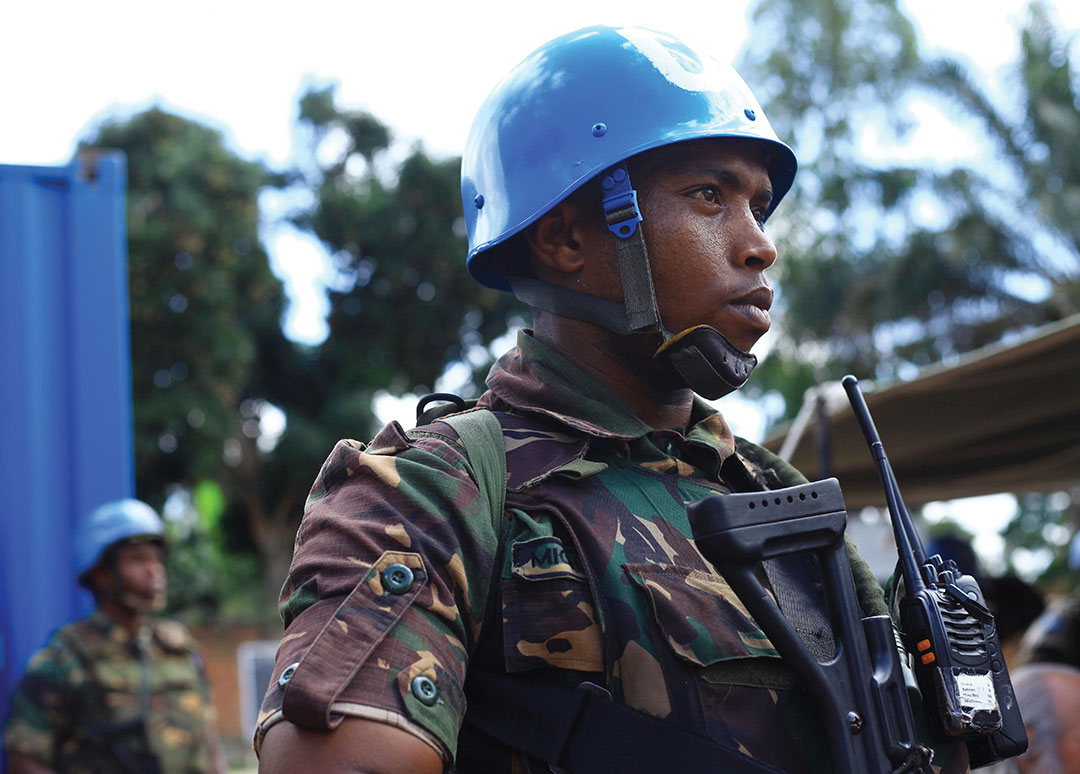
Supporters are quick to point to evidence that shows peacekeeping is effective. A collection of 16 peer-reviewed studies publicized by the U.N. found that peacekeepers reduce civilian casualties, shorten conflicts and help peace agreements hold up. “If we look systematically across the record, most of the time peacekeeping works,” said Lise Howard, author of “The Power in Peacekeeping.”
But protests such as the ones in the DRC are spurring introspection and new ideas about how peacekeeping can adapt to meet the urgent demands of the 21st century.
Smaller and Shorter
It has become typical for U.N. mission mandates to expand to incorporate “whole-of-society” rebuilding efforts. These can include everything from disarming and reintegrating rebels to training police officers. These sometimes are called “Christmas tree mandates” because goals are added to them like ornaments.
In an article for the Institute for Security Studies, researchers Paul-Simon Handy and Félicité Djilo argue that it’s time to narrow the scope.
“Peacekeeping missions are vital to address international security threats,” they wrote. “But equally important is rethinking their shape and form to ensure their effectiveness and local legitimacy.”
Handy and Djilo say that mandates should be narrowed to include no more than three goals, mainly in the political and security fields. They also call for a strict time limit on a mission’s presence to “avoid internal complacency” and “ensure professional and ethical conduct.”
“Long periods in one country often create more problems for peacekeepers to solve,” they wrote.
The idea of smaller, more focused missions is gaining momentum. The U.N. has not launched a large peacekeeping force since 2014 in the Central African Republic. Richard Gowan, the U.N. director of the International Crisis Group, wrote that there is increasing interest in smaller, “one-dimensional” observer missions.
“Bigger U.N. missions have taken on a plethora of tasks … which they often struggle to implement,” Gowan wrote for World Politics Review. “It seems sensible to refocus on achieving a more limited, but realistic, set of goals.”
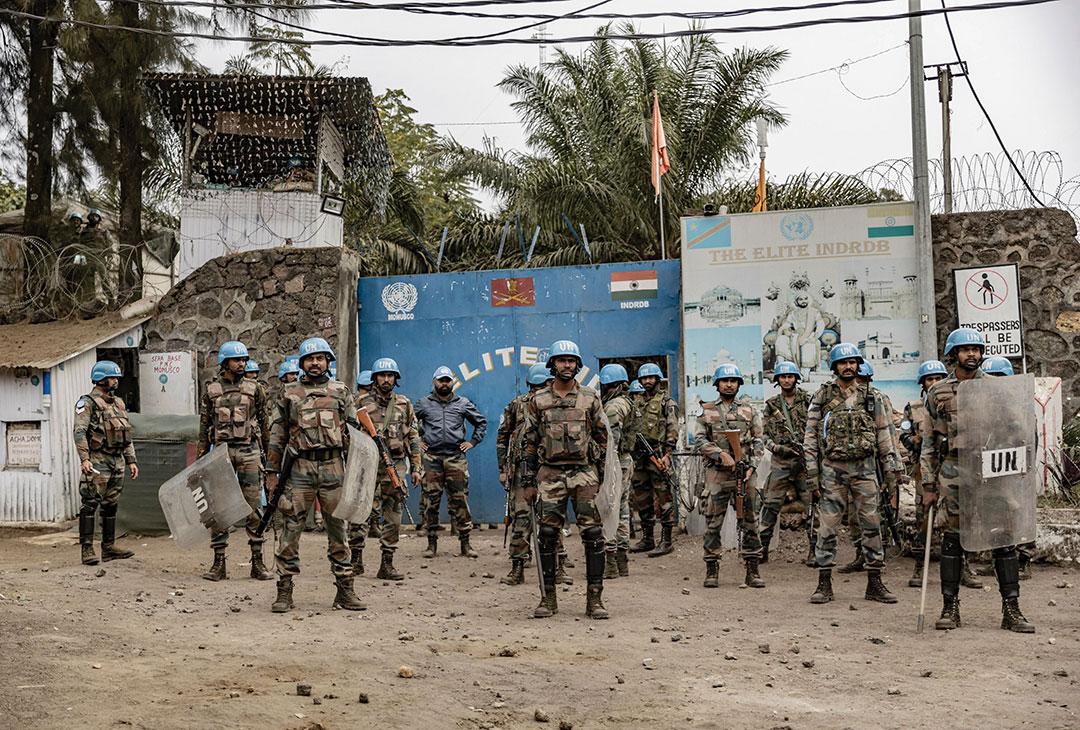
Ad Hoc and Adaptive
Insurgent groups and extremists do not respect national borders. Often, they operate in porous border regions where they can evade capture. And yet, most peacekeeping operations are mandated to operate within a single country. The African Standby Force also is limited because responding countries are divided by their Regional Economic Communities (REC).
Dr. Cedric de Coning of South Africa is a senior advisor at the African Centre for the Constructive Resolution of Disputes (ACCORD). He believes future peacekeeping operations will be coalitions of regionally proximate countries with a vested interest in restoring peace in a single country or wider region. He calls these “ad hoc” or “just-in-time” coalitions.
“Many of the standard predesigned mechanisms that we’ve come up with work well on paper, but they don’t fit the crystalized needs of the moment,” de Coning told ADF.
There is some evidence of a shift to this ad hoc model. The nations of the Lake Chad Basin Commission formed the Multinational Joint Task Force to address Boko Haram and other extremist groups operating in a place where four nations meet. In the G5 Sahel Joint Force, five nations joined to combat Sahel extremism.
De Coning said these ad hoc missions can be particularly effective when forces can operate within their own borders or are given permission to cross the border into a neighboring country. This removes some jurisdictional problems, simplifies rules on the use of force and makes it less likely troops will be viewed as invaders.
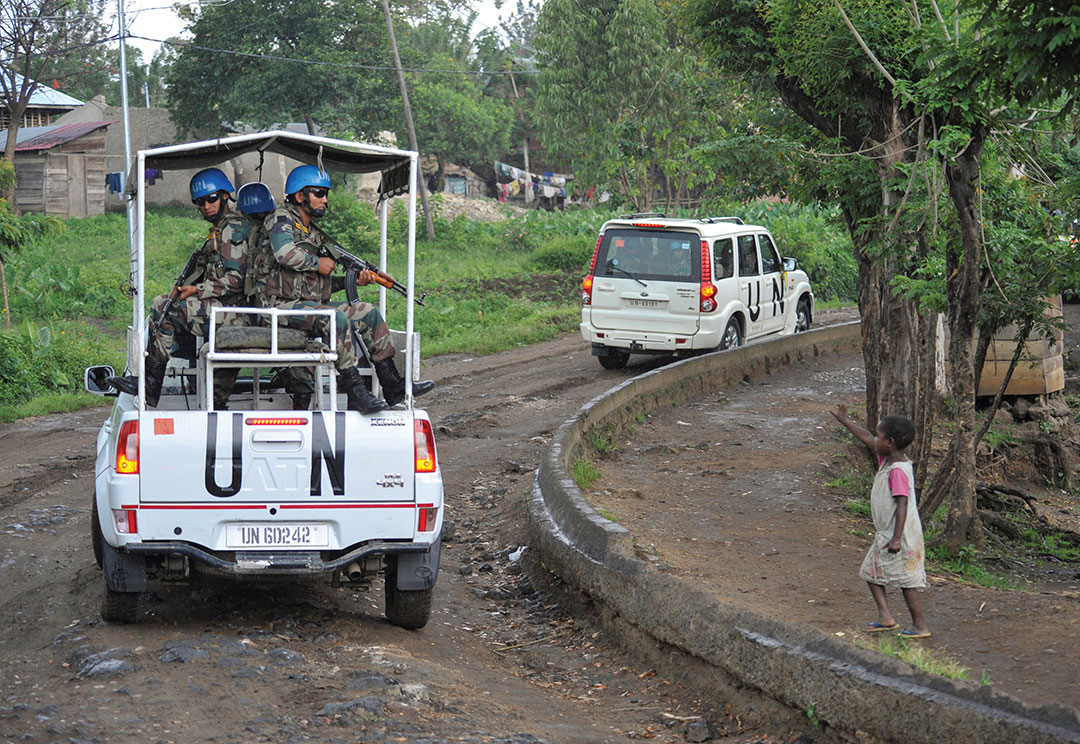
Other recent coalitions such as the East African Community Regional Force in the DRC and the Southern African Development Community Mission in Mozambique were made up of groups of regional nations motivated to intervene in countries with deteriorating security.
“The neighbors have a vested interest in the security of that region as opposed to a U.N. operation that comes and goes and has troop-contributing countries from far away,” de Coning said. “That works well when you’re implementing a cease-fire, but when it comes to dealing with insurgencies, you want people with more of a vested interest in a solution.”
In the future, there may be a menu of peacekeeping options and models that can be used depending on the threat. De Coning believes there also is momentum toward the U.N. providing logistical and financial support to African Union or REC missions.
“We will see multiple different types of operations coexisting and people choosing which operations to use depending on the context, what is politically viable and logistically possible,” de Coning said.
Local Input
One of the prevailing complaints from DRC residents is that their voices aren’t being heard. One Congolese lawyer organizing protests decried “poor communication” from the U.N. mission and said peacekeepers didn’t respond to alerts from the public about imminent threats.
The U.N. has mechanisms for civilian input such as local protection councils, community alert networks and mission staff responsible for community outreach. But, according to Fred Carver, an advisor to the U.N. Association-U.K., they are underresourced. He believes future missions need to see the host community as its client. This would mean that community members get to set priorities and goals for the U.N.
“U.N. peacekeeping could either become more locally led or continue to be locally resisted,” he wrote for the website Pass Blue. “It’s time for a big change.”
Similarly, Handy and Djilo said that biannual assessments of missions should involve stakeholders from local governments and civil society to ensure “a degree of local ownership of mandates.”
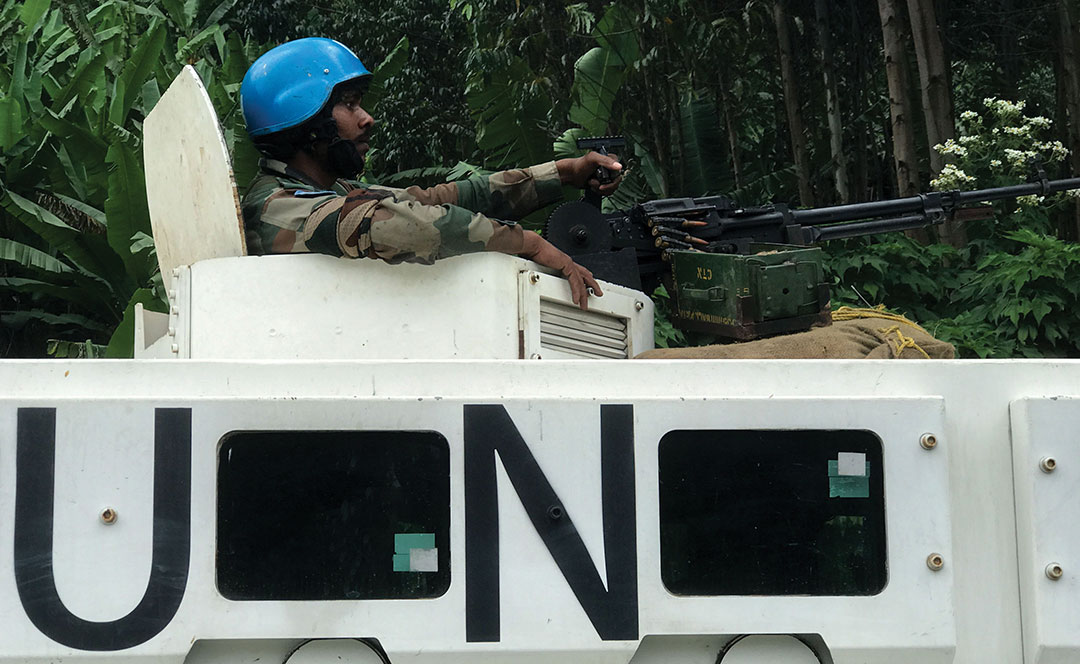
The U.N. should make it a priority to understand how it is perceived by the host country and work to address grievances or misunderstandings before they boil over into violence, they say.
“The U.N. should develop a set of measures to assess local acceptance of peacekeeping missions,” Handy and Djilo wrote. “These can serve as early warning tools and guide against targeted disinformation campaigns.”
Peacekeeping that Supports Peacemaking
One of the lessons from the DRC is that a peacekeeping mission must support a peace process. De Coning pointed to the 2013 creation of the MONUSCO Force Intervention Brigade. This offensive force, made up of three battalions, was mandated to launch operations against rebel groups. And the brigade had success, defeating M23 Movement rebels in a series of battles that led to their surrender in November 2013.
But de Coning said the military success was not backed by a political process to solve entrenched problems on the ground. Momentum for peace was lost. By 2022, the M23 had regrouped, returned, and were again attacking villages and occupying territory.
“The lesson learned is that you can defeat a group in the short term, but if the problem is not solved politically the group or another group will eventually come back,” de Coning said.
He believes that future U.N. missions should only deploy in support of a viable peace process. In cases where there are multiple, asymmetric actors, it is better to build regional coalitions of armed forces to intervene and restore peace.
“My recommendation to the U.N. would be to focus on consent-based operations, where there is a peace process in place,” de Coning said. “And leave the operations that need a security guarantee, that need the use of force, to coalitions of the willing or regional organizations that have that kind of capacity.”

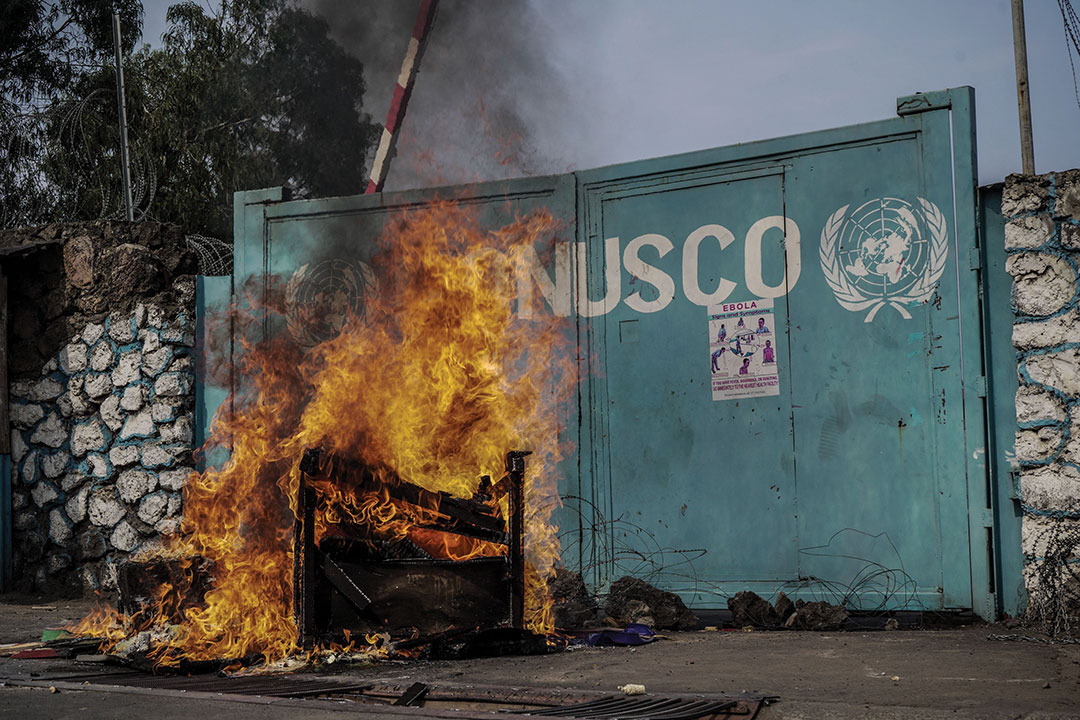
Comments are closed.